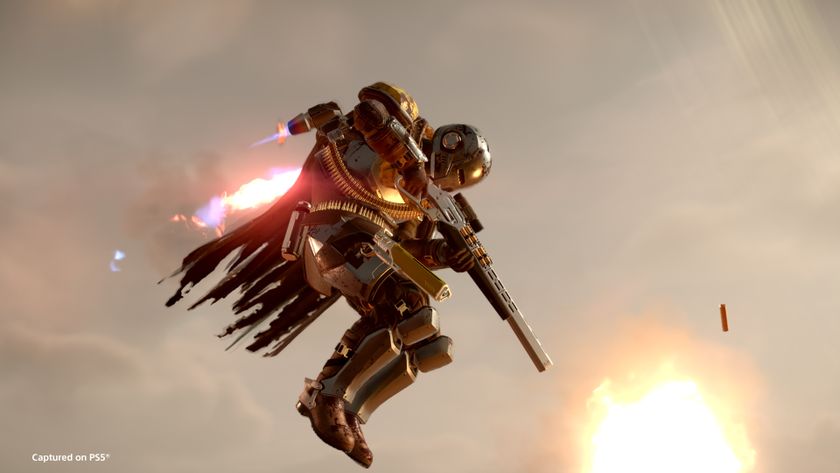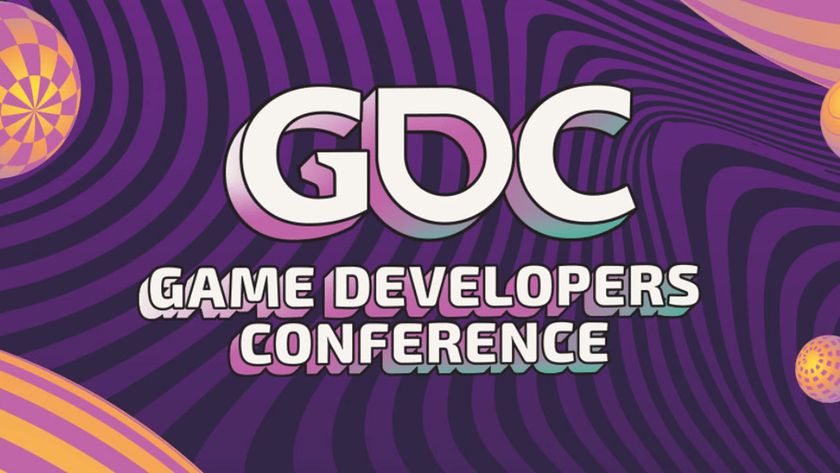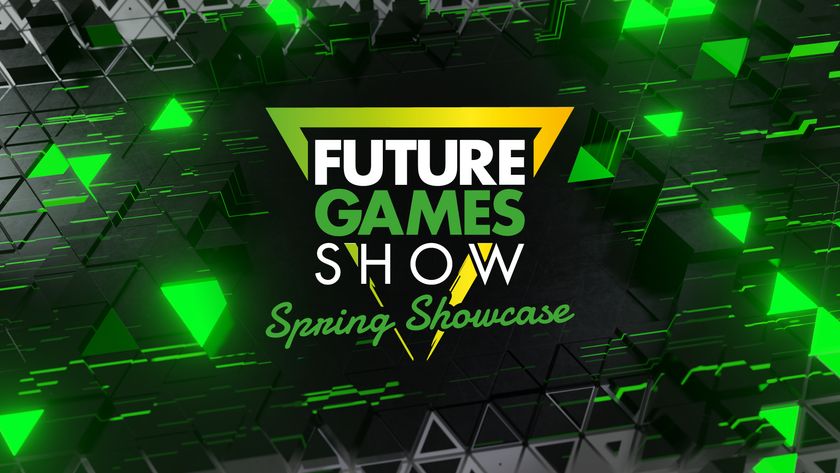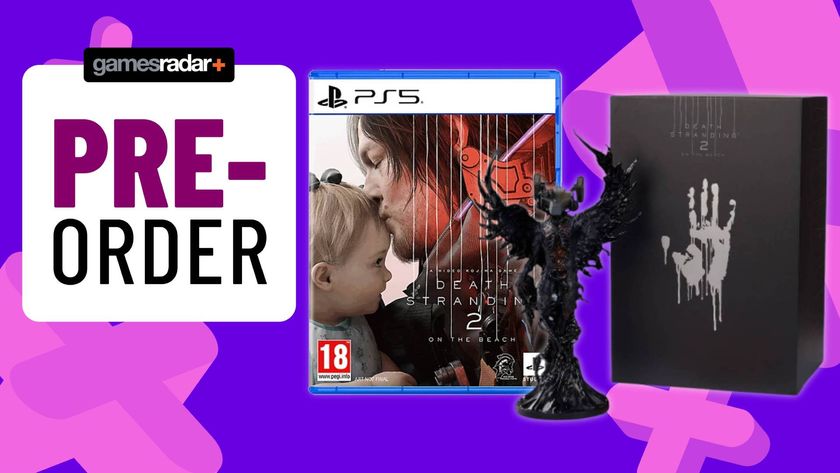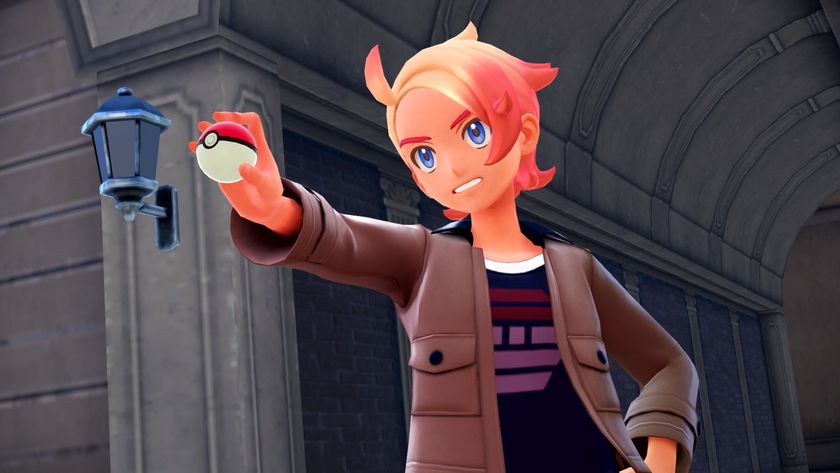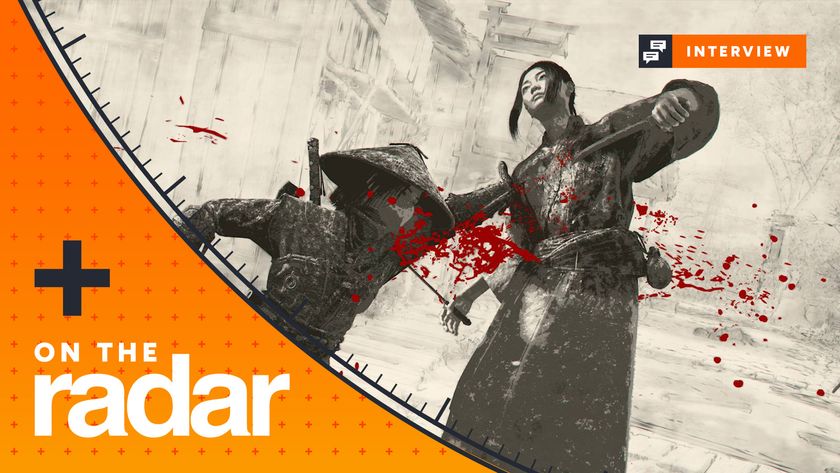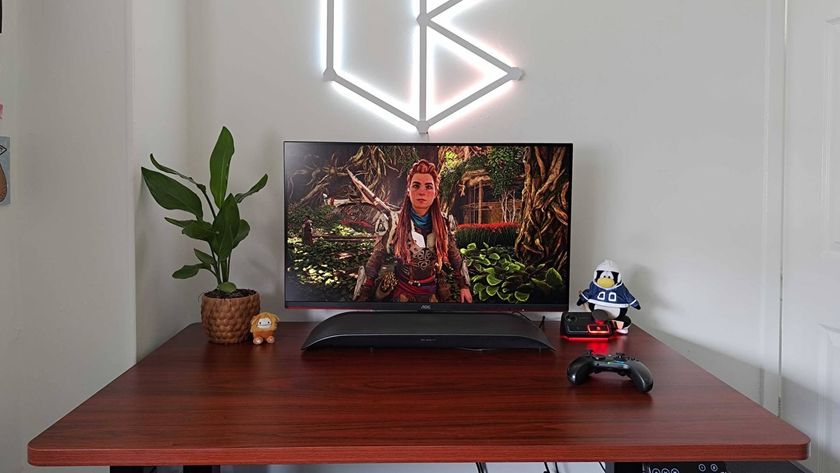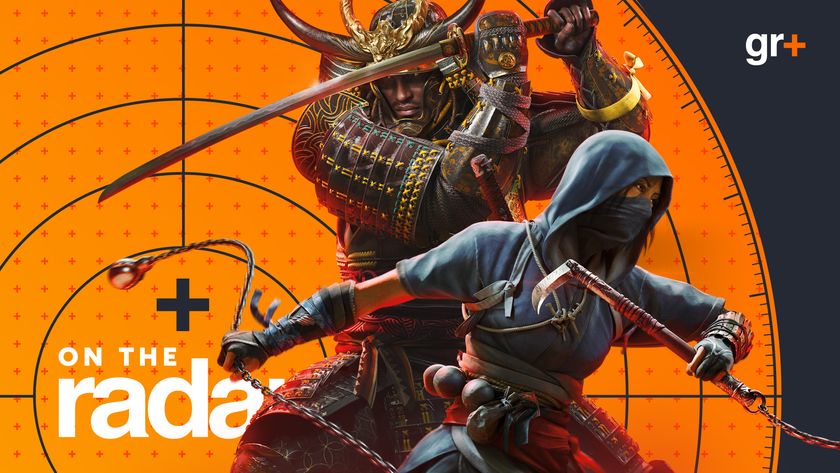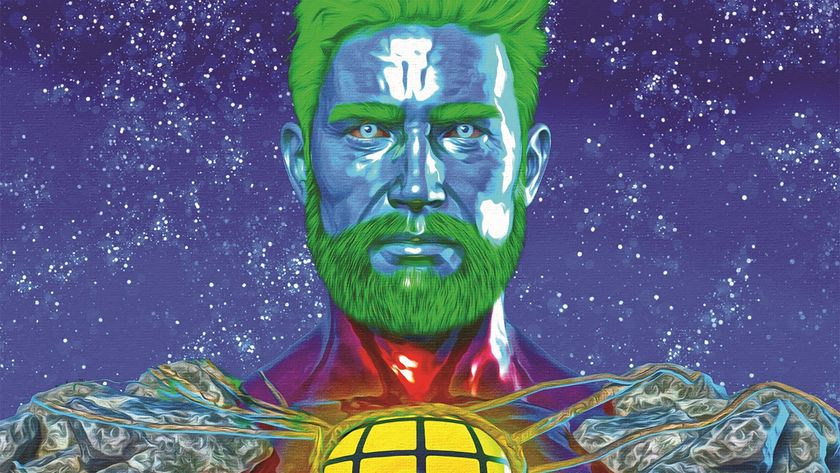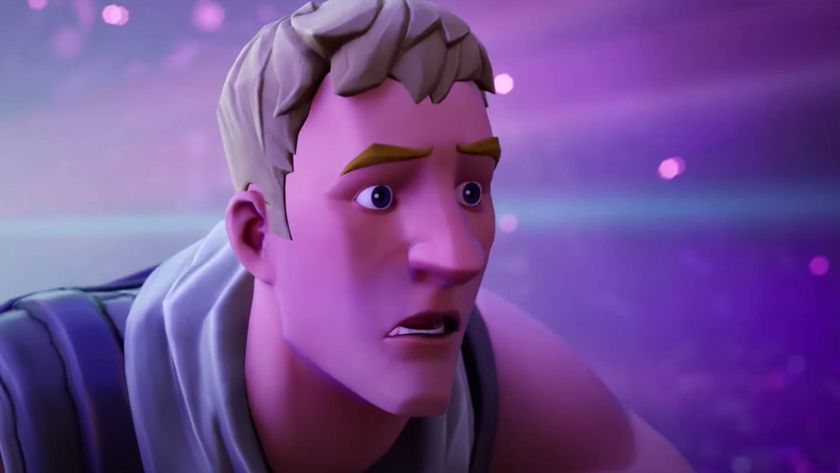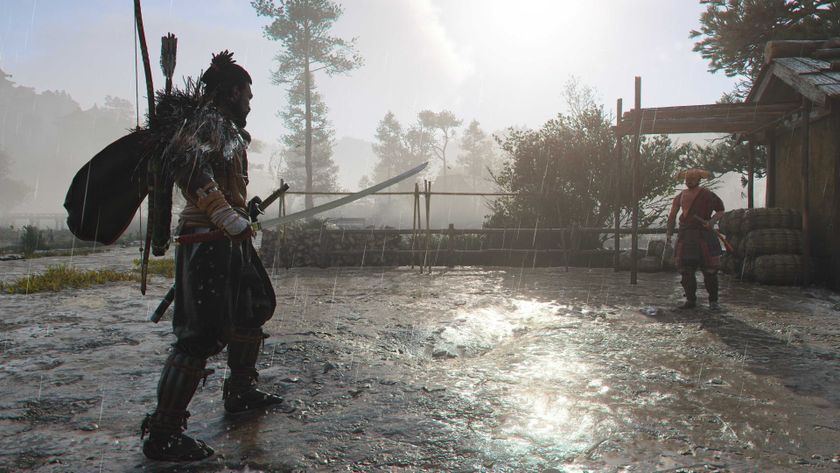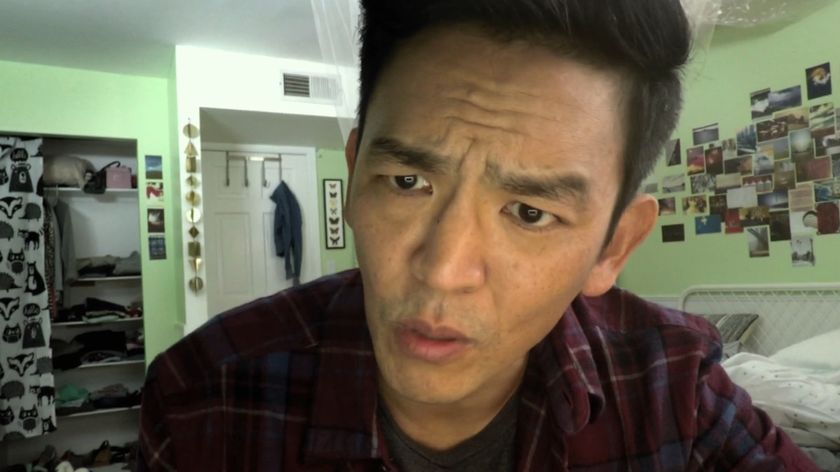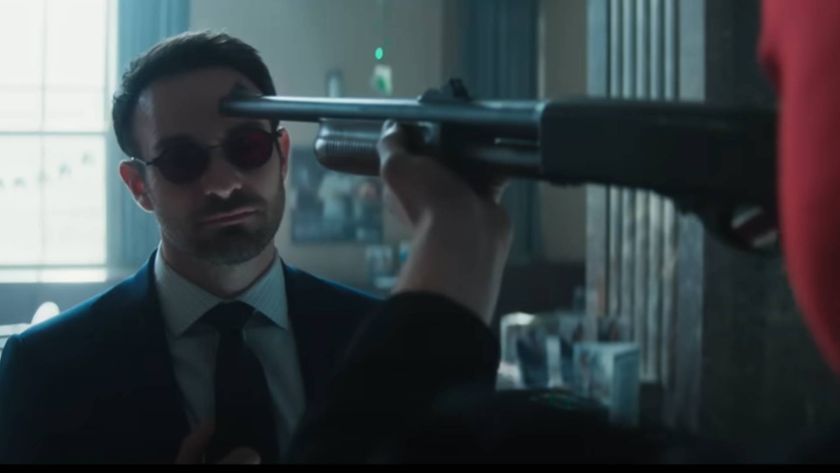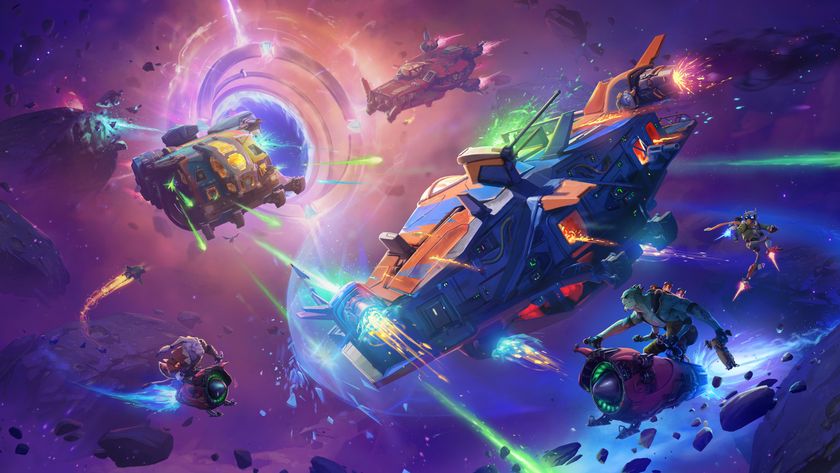How to draw game characters
No, they're not about to kiss...
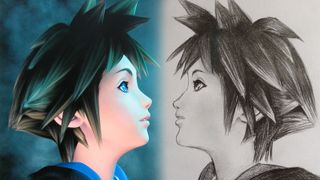
There is no creative outlet more accessible than drawing. Well, except singing. And dancing. And... alright, look, the point is, all you need is a pencil and something to scribble on and you can draw ANYTHING. It takes just as long to draw a ninja leaping away from an explosion as it does to draw an old man sitting in a chair. So drawing can be all kinds of awesome.
But you and I know it's not quite as simple as that. Trying to draw something for the first time inevitably ends in a derpy version of what you're trying to achieve. It's OK. Try and fail, but do try again. With practice, you WILL get better, I promise. Incidentally, I'm not claiming to be an expert. But I have learned so much in watching experts at work, I thought I'd share with you some of the techniques I've learned and where the best resources are that will help you. Let's do this!
First things first: get a better pencil or three
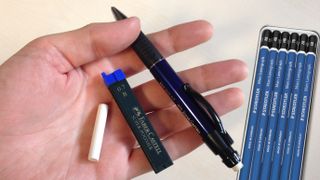
Let's just start with the basics and use a pencil to do our drawing. A standard 'HB' pencil (the most common type, like you used at school) is perfectly adequate for sketching, but you'll never be able to create rich dynamic tones, because it's too hard. I don't mean difficult, I mean the graphite isn't soft enough to get the sexiest dark lines on the paper.
So invest in some 'B' pencils. A 3B or 4B is good for most drawing uses, but a 6B will get you some lovely black tones. Be warned, however, the higher the 'B' rating (it stands for Black), the softer the graphite, so it will start snapping under pressure. And obviously don't drop your 6B or it will shatter all the way through. I actually used a mechanical B pencil for some of the drawings in this feature--and I love it. Self-sharpening, good eraser, decent blacks. To start with, anything will do.
Start with a face
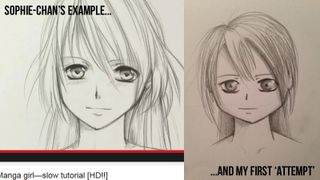
Don't try to draw figures straight away. They are very hard to get right and you'll probably get disheartened if you try and fail spectacularly. So let's draw a face instead. It'll probably still look bad first time (look at my 'squashed' first effort up there), but I promise you'll get better. There are surprisingly few genuinely realistic-looking game characters. Most actually have manga-styled features. Slightly exaggerated eyes, small noses, spiky hair.
This video (below) by an artist called Sophie-chan is a really good place to start because it teaches you about basic facial proportions and acts as an introduction to drawing eyes and hair, though we'll come back to those shortly. You'll notice that she uses the eraser on her pencil a lot. You can do that too. In fact, one of the recurring themes of all the tuition videos I've seen is artists either using the eraser or clicking 'undo' on a digital art suite. So keep the lines light until you're sure, then go back over them more firmly when you're happy.
Eyes
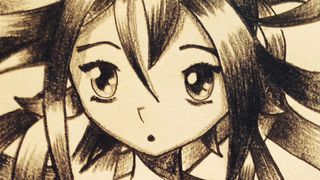
Eyes are wet. They reflect stuff. That's why 'realistic' characters of ten years ago (like Tim Henman in Virtua Tennis) look like zombies. Their eyes don't reflect, so they look dead. Most video games exaggerate the reflectiveness, often with several 'light bubbles' all over each eye, like Manga, but even realistic drawings need some light reflected to give a spark of life. This technique for eyes works whatever shape the eyes actually are.
Sign up to the 12DOVE Newsletter
Weekly digests, tales from the communities you love, and more
When drawing eyes, it's best to work from dark at the top to light at the bottom. Add in some outward lines (a bit like spokes on a bicycle wheel) for the iris detail and allow the circle of the iris to disappear under the upper eyelid. Obviously this changes with different expressions, but it's a good way to start. Finally, don't be afraid to go very dark in areas of shadow (but leave the light bubbles untouched). It's fine to lose the distinction between iris and pupil because the viewer's mind will fill in the blanks.
Realistic hair
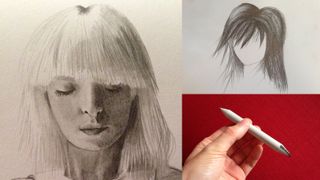
If realistic hair is the kind you're after then I would highly recommend a 'paper blending stump'. What the hell is one of those? It's that weird thing up there that looks like it's pretending to be a pencil. It's basically a 'smudging stick', which pushes graphite already on the page onto white areas, which is excellent for shading. Some people call it cheating, and I can see why as it's very easy to shade large areas effectively with minimum effort. But it's incredibly useful for hair.
So draw with your pencil first, by moving your arm at the shoulder and elbow rather than your wrist. You'll get smoother lines and more consistent pressure on the paper. Then use your blending stump (or your finger or some tissue paper, it's not the law) to work in areas of darker tone, depending on where the light is coming from (more on that shortly). Then use the pencil again to regain some of the lost contrast. You can also use the eraser to draw in highlights. Just keep the motion smooth and fluid.
Manga hair
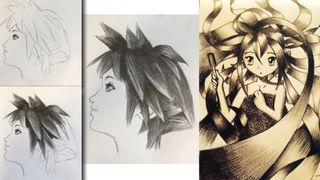
This is more spiky/choppy, which is actually a lot of fun to draw as you can use shading to give each spike real 3D depth. For this picture, I didn't use a blending stump, which is why it looks sketchier. Each method has its merits, of course. Once you've got basic coverage of the head, go back over what you've done, darkening black areas, but being careful not to dull any highlights you've left. Dynamic contrast is more attractive than slabs of grey.
If the interweaving 'ribbons' style of manga hair is more your thing, then draw the ribbons before you do anything else. They need to overlap the body and each other... with conviction, otherwise they won't look convincing. But both styles should see you using lines along the direction of the hair, releasing pressure as you reach areas of sheen. Once you understand the technique, you'll be amazed at how much better your drawings look.
Lighting
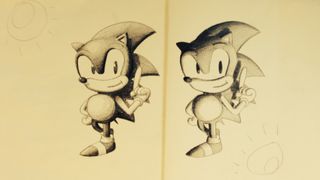
Light is incredibly important, because without accurately suggesting where light is coming from, your picture will look flat. So decide where it's going to be. I find top-left works well, as in the example above. But I photocopied my (rough) outline of Sonic and then shaded it from a different light source to demonstrate the difference.
Think about how self-shadowing works in video games. A character's head will likely leave shadow on their shoulders. But also, consider whether you even need outlines at all on some limbs in very well-lit scenes. Light from behind can actually create a bright white outline rather than cartoony black.
Clothes (are difficult)
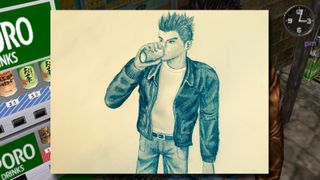
Fabric is very difficult to draw. In fact, if you're working from imagination rather than an existing picture, you'll need a lot of theory in order to do it right. Fabric is stretched over certain points (shoulders, knees, boobs you get the idea), but these points are governed by knowledge of the human skeleton and musculature. You can't do this stuff convincingly from scratch if you don't understand anatomy. That is a fact.
But you can at least draw from existing pictures to begin with. Look at how pronounced the edges of clothes are. The cuffs, the lapels only early 3D characters had clothes painted onto them. These days, individual garments are rendered in 3D, with thickness. So imagine the arm, leg or neck within the clothing and draw the clothing around it. This video below (using digital media) isn't quite perfect in its examples (that's not exactly a 'loose' thick jacket IMO), but it does illustrate--pun not intended--the process of building up a figure from a skeleton and then hanging fabric off it.
What will you draw?
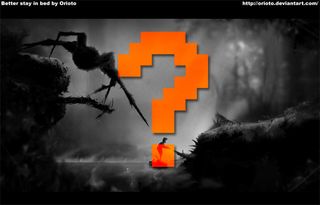
The wonderful thing about the internet is it's full of free resources to help you get better at stuff, so make the most of it. And don't be sad if you suck on your first try! It's simply not possible to do everything perfectly first time and it takes years to master an art. I doubt anyone in the world reckons they're perfect at drawing everything. But if one day I can draw like the artists that made the pics in our Fan Art Gallery, I will be exceptionally pleased. The other good thing about the internet is that it allows you to show the world what you've created. I use deviantART and so could you. Why not leave your username in the comments and let everyone see how you're doing?
And if you're looking for more, check out How to make a video game with no experience and How to make Lara Croft more family-friendly.
Justin was a GamesRadar staffer for 10 years but is now a freelancer, musician and videographer. He's big on retro, Sega and racing games (especially retro Sega racing games) and currently also writes for Play Magazine, Traxion.gg, PC Gamer and TopTenReviews, as well as running his own YouTube channel. Having learned to love all platforms equally after Sega left the hardware industry (sniff), his favourite games include Christmas NiGHTS into Dreams, Zelda BotW, Sea of Thieves, Sega Rally Championship and Treasure Island Dizzy.
